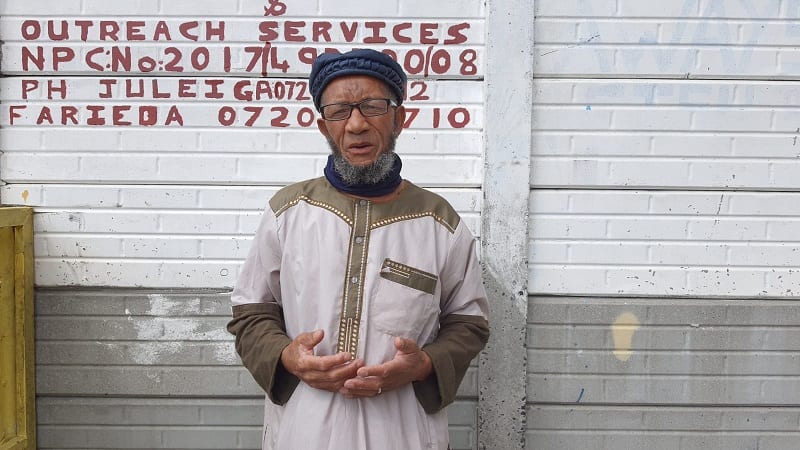On the day South Africa commemorated its one year anniversary of the hard lockdown that was put in place to curb the spread of the coronavirus disease, the death toll from the virus had reached 52 602. According to the National Health Ministry, the total number of Covid-19 cases for SA also reached 1 543 079 on that day.
Initially, President Cyril Ramaphosa announced that the country would go into 21 days of lockdown in a bid to “flatten the curve” of Covid-19 infections.
The nationwide lockdown was enacted in terms of the Disaster Management Act and forced people to stay home and go out for essentials only.
However, for many communities across the Cape Flats nothing much has changed. They are still being stifled by the economic, emotional and mental lockdown.
“You would imagine that due to the lockdown being on level one, we would be granted some reprieve. However, we still can’t breathe,” exhaled an emotional resident.
Heinz Park resident, Washiela Charles suggested ward councilors make themselves more accessible to the community.
“All of our worries would dissipate if the ward councilor was more forth coming. The state can’t provide our needs if it doesn’t know what they are,” explained Charles.
Community leader, Mogammat Mohammed said he lost two of his donors due to the adverse effects of the lockdown on businesses.
“I thought I was struggling to accumulate funds before the pandemic, I clearly thought wrong. It is difficult to get sponsors on board especially if they haven’t even heard of Heinz Park,” said Mohammed.
Mohammed continues to make an appeal to the local community to donate to his soup kitchen who feeds over hundreds of children a week.
More recently however, SA has also started vaccinating front line workers – with over 220 000 of them being vaccinated in clinical trails to date.
Ahead of Easter weekend, Western Cape Premier, Alan Winde warned that even though the province’s Covid-19 infection numbers continue their downward trajectory, the public needs to guard against the risks of the Easter weekend becoming a super-spreader event.
“However, we must all understand that there is still a risk in the upcoming Easter weekend. Everything we’re doing now is in an effort to push the possible third wave as far back as possible so we don’t make the Easter weekend a super-spreader event,” said Winde.
VOC






 WhatsApp us
WhatsApp us 

